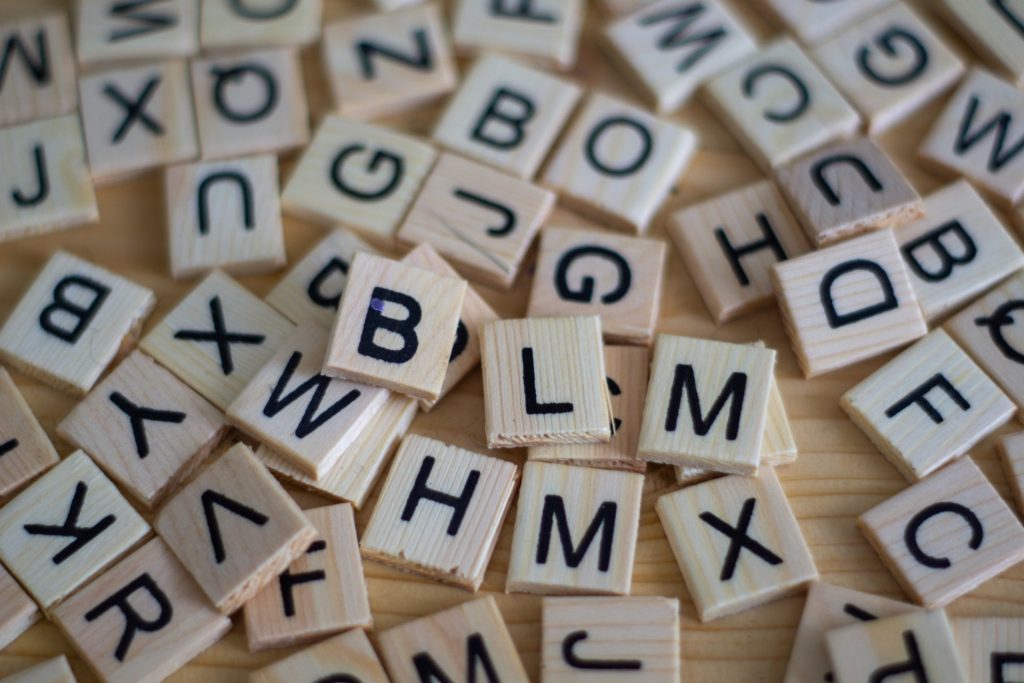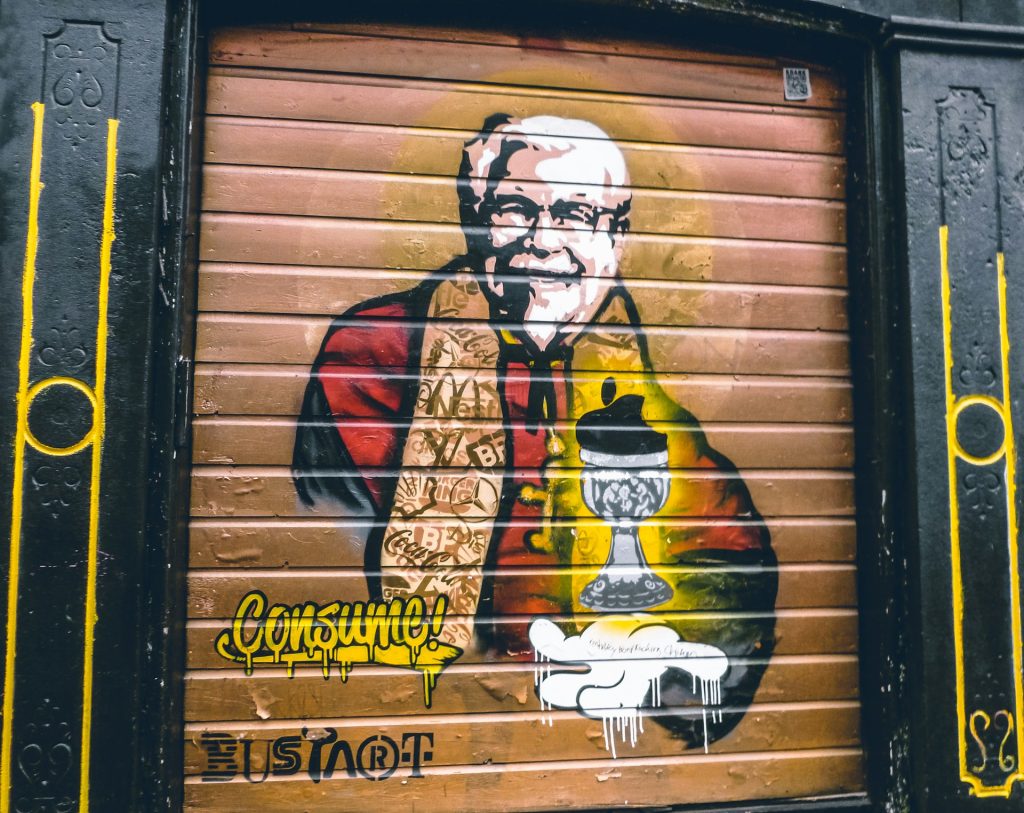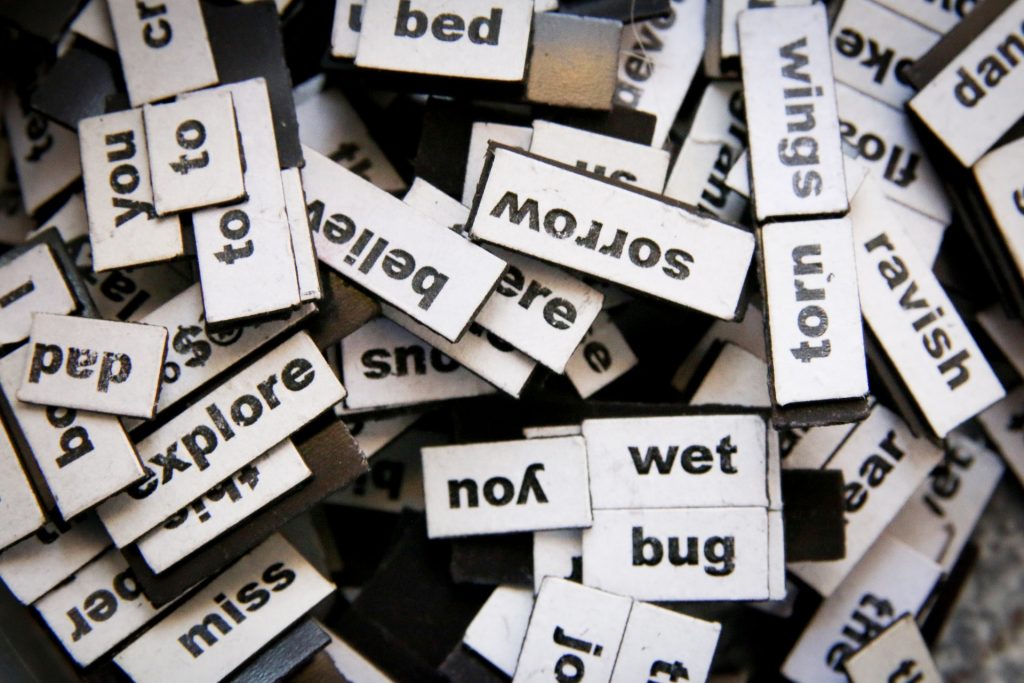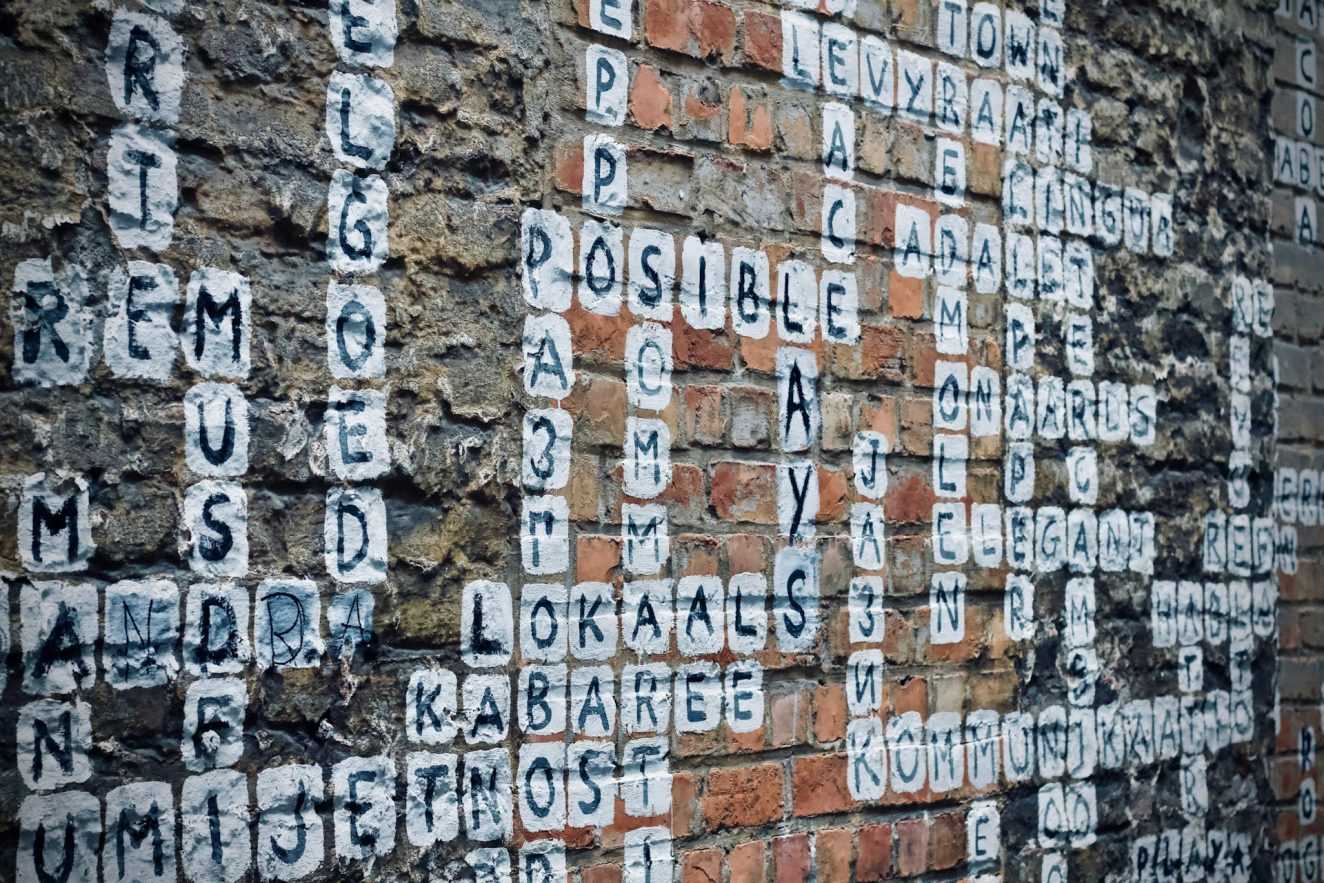Welcome to the grand carnival of the English language, where words have a mischievous streak and decide to pronounce themselves however they please. It’s a linguistic rollercoaster, a parade of pronunciation peculiarities that will leave you both bewildered and amused. Buckle up as we take a whimsical journey through the dictionary’s misfit words that playfully defy the rules of spelling.

The Silent “K” Conspiracy
Let’s kick off our linguistic escapade with those sneaky silent “Ks.” Why, oh why, does “knight” leave its “k” at the door, while “kangaroo” proudly flaunts it? It’s a silent conspiracy, a secret society of letters deciding when to make an appearance and when to ghost us. It’s a game of hide-and-seek played on the pages of our dictionaries.
The Art of Silent “P”
Enter the enigmatic world of the silent “P.” Who decided that “pterodactyl” would be the ultimate test of our pronunciation prowess? It’s a linguistic acrobatics show where the “P” somersaults into oblivion, leaving us to navigate the perplexing maze of vowels and consonants. Puzzled? Precisely.
The “Colonel” Conundrum
Ah, the military ranks of the English language! How on earth does “colonel” sound like “kernel”? It’s as if the word itself underwent a top-secret linguistic boot camp, emerging with a rank higher than our pronunciation comprehension. It’s a conundrum that leaves us saluting in confusion.

The Rebel “G” in “Gnat”
In the buzzing realm of insects, the silent “G” in “gnat” is the rebel without a cause. It’s there, but it’s not. This little bug has decided that phonetic rules don’t apply in its airspace. It’s a tiny linguistic anarchist, wreaking havoc on our attempts to make sense of spelling.
“Queue” the Confusion
Picture this: you’re patiently waiting in line, or should I say, “queue.” The English language decides to play a prank, throwing a few extra letters into the mix just for fun. Why not keep it simple and call it a “line”? But no, we’re in the wordplay Olympics, and “queue” takes home the gold in confusing us all.
The Mysterious “Llan”
Travel to Wales, and you’ll find yourself in the land of unpronounceable place names. “Llanfairpwllgwyngyllgogerychwyrndrobwllllantysiliogogogoch” is a masterpiece of linguistic chaos. Just try saying it without your tongue getting twisted. It’s a linguistic feat, a wordy rollercoaster that only the bravest dare attempt.
The Dance of Vowels in “Colonel”
Let’s revisit our military friend, “colonel.” The vowels seem to have orchestrated a dance routine that would put Broadway to shame. “O” and “E” waltz together, leaving us mere mortals to decipher their intricate choreography. It’s a linguistic tango that showcases the theatrical prowess of our vowels.

As we bid adieu to this linguistic carnival, let’s embrace the delightful chaos of words that dance to their own tune. The English language, with its silent letters and mischievous pronunciations, is a whimsical wonderland where surprises lurk around every sentence. So, the next time you encounter a word that refuses to play by the rules, join the laughter, roll with the linguistic punches, and revel in the joyous absurdity of our quirky, unpredictable language. After all, in this lexical circus, every mispronunciation is a ticket to a linguistic adventure!





